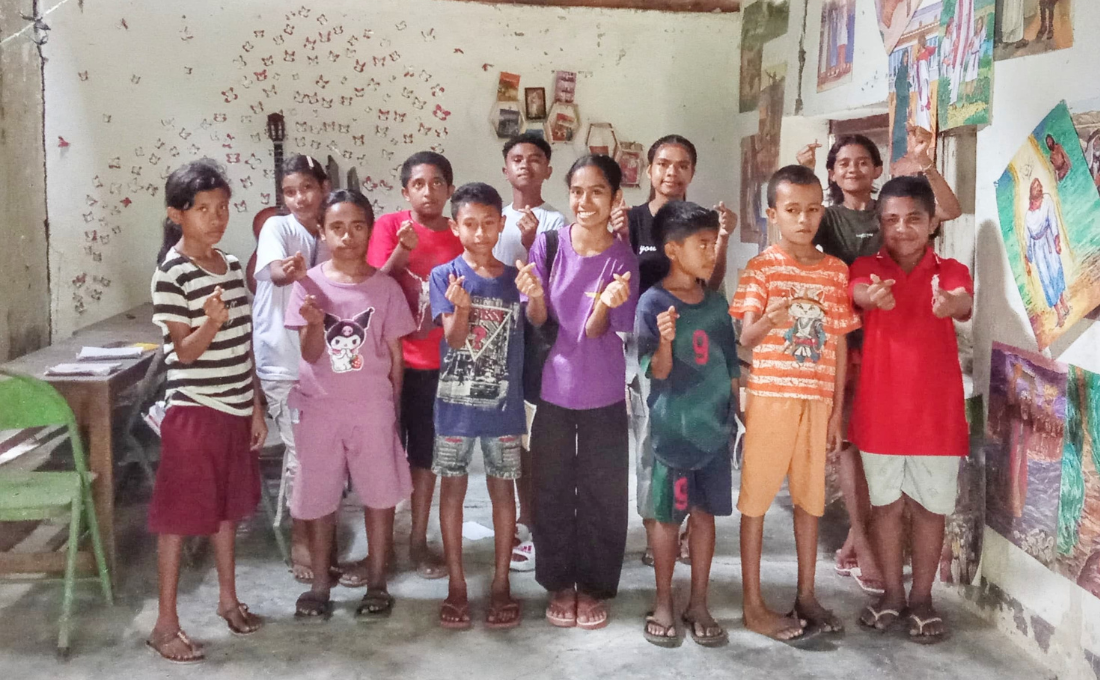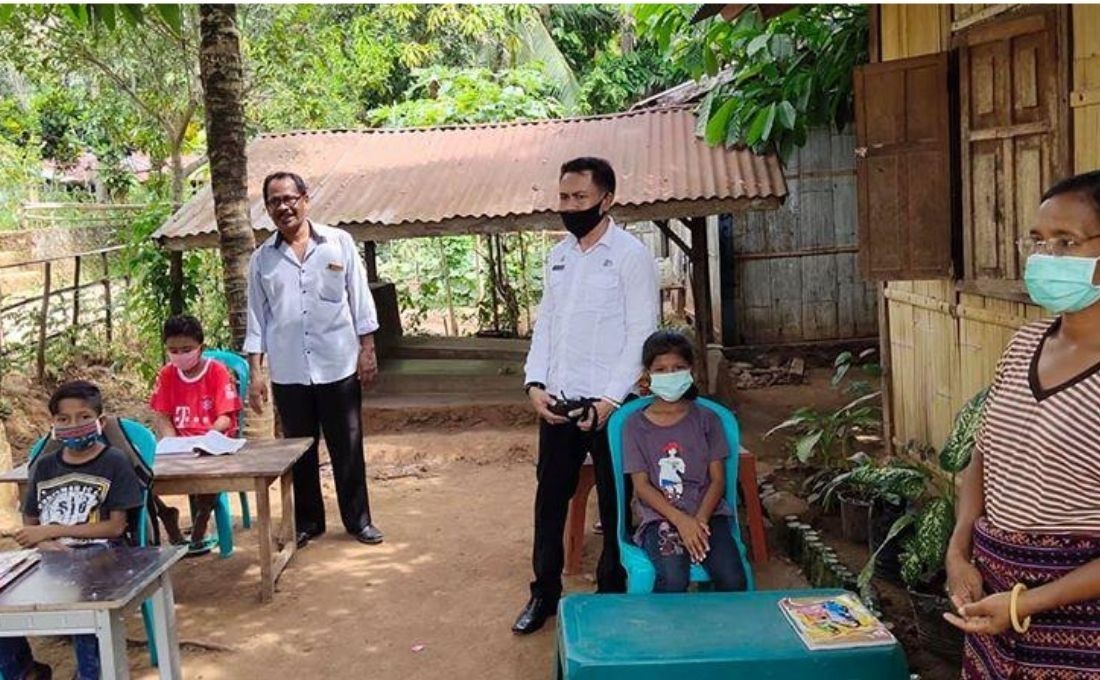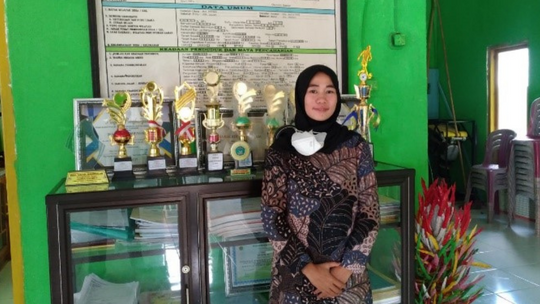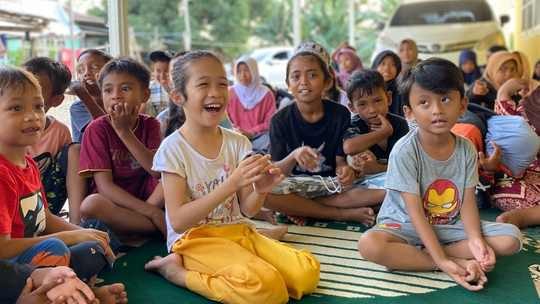The Meaning of Donation in the Context of Child Sponsorship: Benefits and Real Impact for the Future

In this modern era, many people want to contribute to making the world a better place. One of the most tangible ways to do this is through donation. A donation is not limited to giving money or goods, but is also a form of emotional, moral, and social support that can change a person's life, especially that of children in need.
In the context of child sponsorship, donation has a more profound meaning. It is not just temporary aid, but a long-term commitment to support a child's growth and development until they are able to become self-reliant and achieve a brighter future.
This article will discuss the definition of donation, explain exactly what a donation is, outline how donation works within a child sponsorship programme, and detail the significant benefits resulting from such a contribution.
Here is the translation into the English UK version:
Definition of Donation
Generally, the definition of a donation is a voluntary gift from an individual, group, or organisation to another party without expecting direct material recompense. Donations can be in the form of money, goods, services, or time. The purpose is to help meet the needs of underprivileged individuals or groups, supporting social, humanitarian, educational, health, or environmental activities.
In the Kamus Besar Bahasa Indonesia (KBBI - Great Dictionary of the Indonesian Language), donation is defined as a contribution or a gift given free of charge for the public interest. However, in practice, a donation can also be a form of more meaningful social relationship, because behind every donation lies concern, empathy, and a sense of humanity.
Here is the translation into the English UK version:
Donation is a Commitment to Help
Many people understand donation as a one-off form of aid, such as putting money in a collection box or giving a contribution during a natural disaster. However, a donation can be more than that—it can be an ongoing commitment to help an individual or a community.
In the context of child sponsorship, donations are made routinely, either monthly or annually. These funds are used to finance the child's needs regarding education, health, nutrition, and character development. Not only does the donation help the child directly, but it also supports the child's environment and family to become stronger and more empowered.
Donation in the Context of Child Sponsorship
Child sponsorship programmes are a form of structured donation. In this programme, a donor or sponsor provides routine financial support to a child in a needy area. This support includes:
- Access to quality education: Quality education is crucial for children. Quality education includes Early Childhood Education (PAUD), contextual character education, non-formal education, literacy hub projects, and safe schools.
- Health: Routine health checks, immunisation, and treatment.
- Nutrition: Provision of nutritious food to prevent stunting and malnutrition.
- Personal development: Skills training, extracurricular activities, and character building.
The donation provided by the sponsor is not given directly in cash to the child or their family, but is managed by the humanitarian organisation to ensure the funds are used appropriately and provide the maximum impact.
Why is Child Sponsorship Different from a Regular Donation?
The main difference between child sponsorship and general donation is the personal relationship between the sponsor and the supported child. In a child sponsorship programme:
-
The sponsor can receive regular reports on the child's development.
-
The sponsor can exchange letters or messages with the child.
-
There is a sense of direct involvement in that child's life journey.
In other words, the sponsor is not just donating; they are also becoming part of the child's life story.
Here is the translation into the English UK version:
Benefits of Donation in a Child Sponsorship Programme
Giving a donation through a child sponsorship programme provides numerous benefits, both for the sponsored child, their family, their community, and the sponsor themselves.
1. Improving Access to Education Child sponsorship donations ensure the child has access to quality education. The child can continue their schooling without having to drop out due to financial constraints.
2. Improving Child Health With a sponsor's support, the child can receive preventative and curative healthcare services. This is essential for ensuring optimal growth and development.
3. Reducing School Dropout Rates In many areas, children are forced to leave school to work and support their families. Child sponsorship donations help reduce the family's economic burden so the child can remain in school.
4. Empowering Families and Communities Sponsorship funds are used to hold skills training for parents, build public facilities, and run community empowerment programmes.
5. Providing Hope and Self-Confidence For the sponsored child, knowing that someone cares about them provides a sense of security, encouragement, and the motivation to strive to achieve their dreams.
Long-Term Impact of Donation in Child Sponsorship
Child sponsorship donations do not just provide immediate benefits, but also sustainable impact:
-
Transforming the child's future: from a life full of limitations to becoming an empowered individual.
-
Lifting families out of the cycle of poverty: through education and empowerment.
-
Strengthening the community: by creating a healthy, educated, and well-charactered young generation.
Many real-life stories prove that children who were once sponsored now work as professionals, teachers, nurses, and even community leaders in their regions.
Why Choose a Child Sponsorship Programme as a Form of Donation?
If you are looking for a form of donation that delivers a real and measurable impact, child sponsorship is the right choice. The reasons are:
-
Transparency of fund usage – the implementing organisation provides detailed reports on how the child sponsorship funds are used.
-
Measurable impact – the child's development can be tracked over time if you become a child sponsor.
-
Emotional connection – there is a personal relationship between the sponsor and the child when participating in this programme.
-
Holistic empowerment – this type of sponsorship does not only focus on the child but also on their surrounding environment.
How to Start Donating as a Child Sponsor?
The steps to becoming a child sponsor are simple:
-
Choose a trustworthy humanitarian organisation that manages a child sponsorship programme.
-
Determine the amount of the regular donation you wish to give.
-
The organisation will match you with a child in need.
-
You will receive the child's profile and start building a relationship with them through letters or progress reports.
At Wahana Visi Indonesia, we believe that every child deserves a bright future, free from poverty, violence, and injustice. Through the Child Sponsorship programme, we invite you to be directly involved in transforming the lives of children across Indonesia.
By becoming a sponsor, you are not just giving a donation, but also hope, support, and encouragement for them to keep striving. Every one of your contributions will bring about a great change, from a single child, to their family, and to their community.
Join us today and become part of this incredible journey.
Visit our website at Wahana Visi Indonesia to take your small step that will bring a big impact on the future of Indonesian children. When else can you become a vital part of securing the future of an Indonesian child? Become a part of us immediately to sponsor important programmes for Indonesian children.



